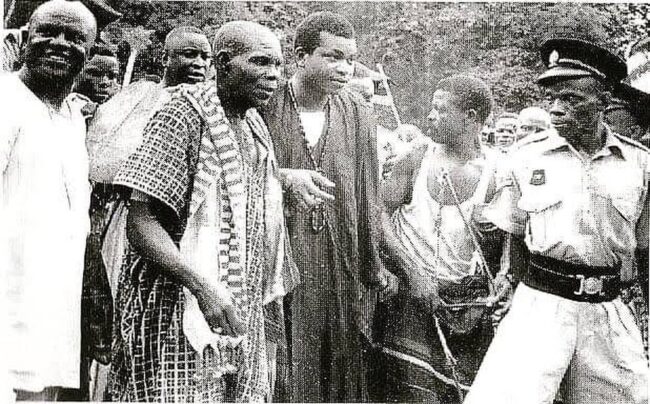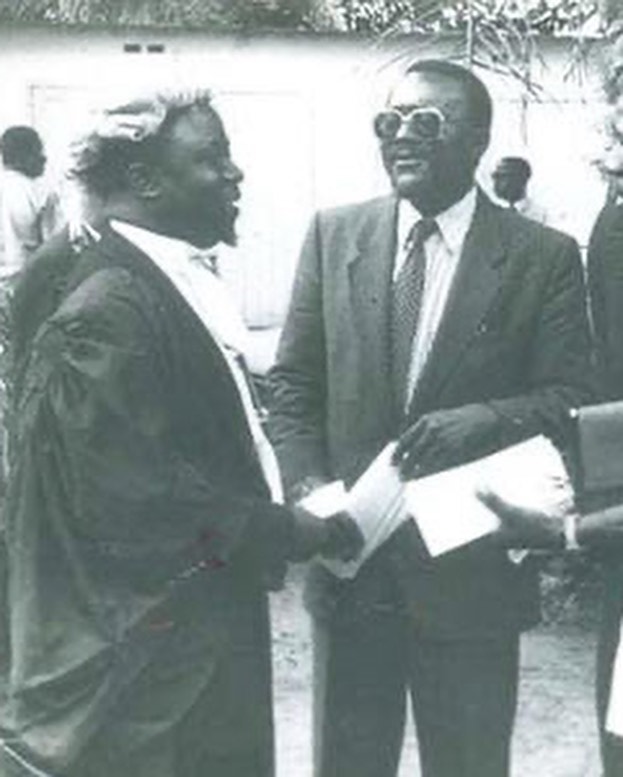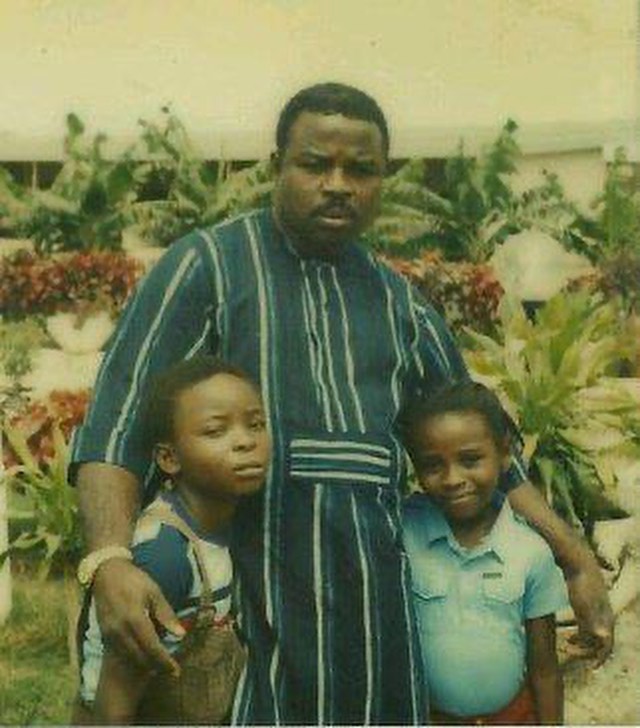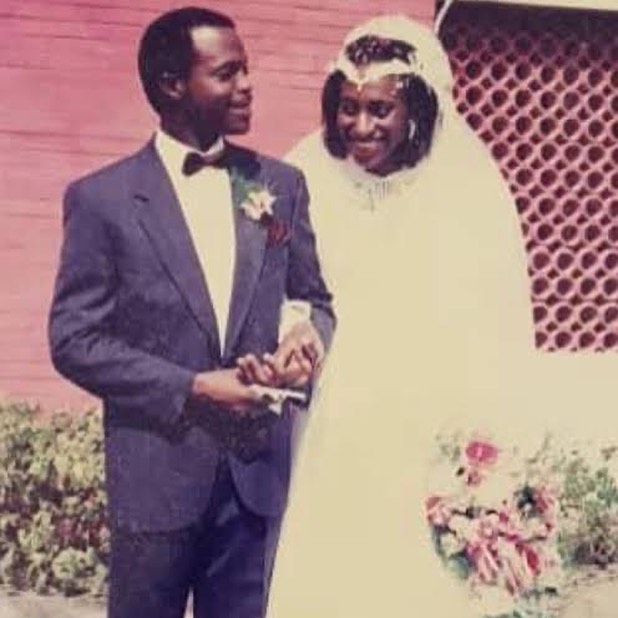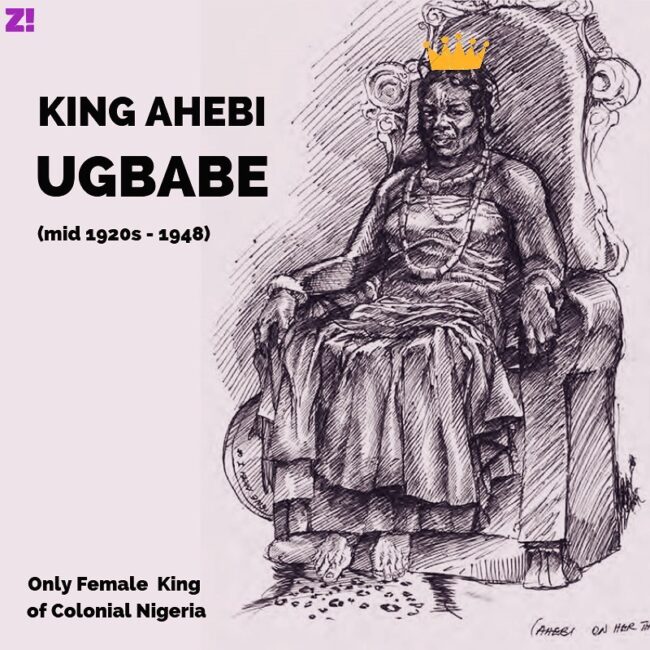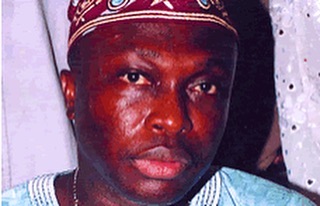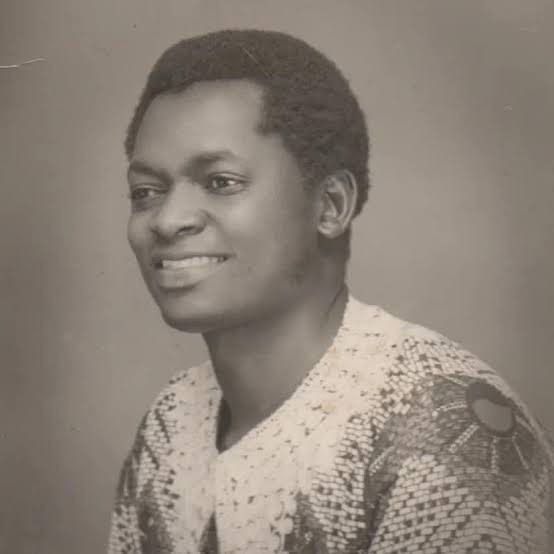The late Dora Akunyili’s children, a former minister of information and communication, claim their family has not yet received justice for their father’s murder. September 28, 2021, saw the assassination of Chike Akunyili, their father in Umuoji, Idemili north LGA, Anambra state. One of the youngsters, Obumneme Akunyili, addressed at a public hearing on violence and deaths related to violence in Anambra, held by the Anambra Truth, Justice, and Peace Committee. According to Obumneme, the family is still “waiting for answers” and struggling to deal with their father’s death. “The way my father died was violent, inhumane, and senseless. As a family, we’re still working through it,” he remarked. “There are rumors but no answers, no trials, and I don’t think anyone has gone to court to answer for that murder. We are still waiting for answers to that killing.” He mentioned that there were rumors circulating on social media that “unknown gunmen” killed their father, but the claim could not be utilized as proof to identify the killers and hold them accountable. It is impossible to ignore the reality that it was a highly sensitive time and that many killings occurred under the cover of unidentified gunmen, hence the allegations predicated on social media will be untrue,” he declared. “I believe that everyone escaped the responsibility due to my father’s demeanor; no one desired to be connected to his murder and to be recognized as the individual who murdered Dora Akunyili’s spouse. “It’s all conjecture; none of these theories have hard evidence that can be used in court; prosecution works well when there are facts and knowledge, but these are not what we want right now. “We were in the hospital with my mother when she passed away, and others implied that she had been, even though she had cancer. Obum reported that there was no attempt to get his father and his driver to the hospital so they could have a chance of survival, and as a result, they bled to death. “My father’s chances of surviving were only about 10%.” He didn’t make it to the hospital before passing away, despite having a severe injury that needed extensive care, he said. “We would have known there was an attempt and that they tried everything to rescue him, but nothing like that, if he had made it to the hospital. “There was no attempt, despite the hospital being seven minutes away and Borromew being fifteen minutes distant. “The driver’s case was worse; he was shot, and people were trying to make viral videos while they asked him his name and where he was from. He was also bleeding to death.” He spoke highly of his father as a kind man who committed his life to…

